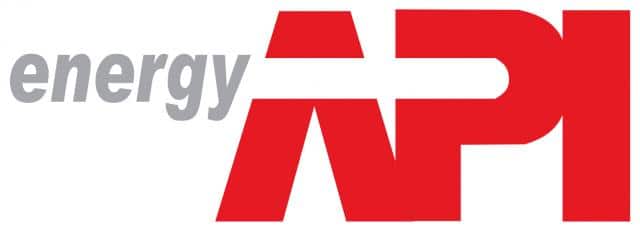The New York Times added its voice today to those condemning the American Petroleum Institute’s Astroturf campaign to set up phony “citizen” protests that are actually populated by paid energy industry employees.
Beyond the fundamental duplicity of API’s actions, the NYT complains in its editorial that it finds some elements of the industry campaign “particularly annoying.” For example, API says the Waxman-Markey climate legislation will result in $4-a-gallon gasoline, while two very reputable analyses have said the bill will add, at most, 20 cents a gallon.
In a world polluted by some of the worst kind of public relations spin, people have grown too ready to accept this kind of dramatic overstatement as “part of the game.” Even the NYT finds this exaggeration merely “annoying,” even if particularly so.
We should be outraged. API is offering no rationale or justification for its overheated rhetoric. It has been challenged on this point and failed to come up with an explanation or analysis that support the $4 claim. And yet its campaigners keep saying that which is insupportable by evidence.
What do you call that – usually?
Subscribe to our newsletter
Stay up to date with DeSmog news and alerts






